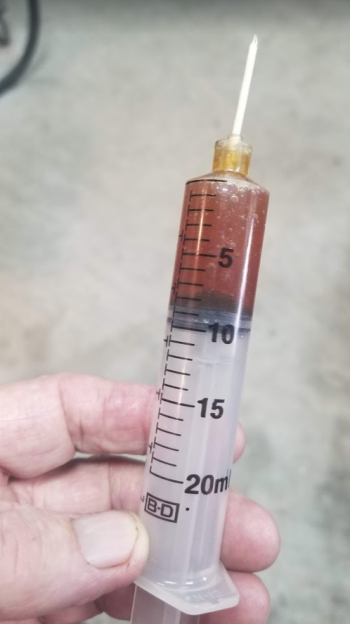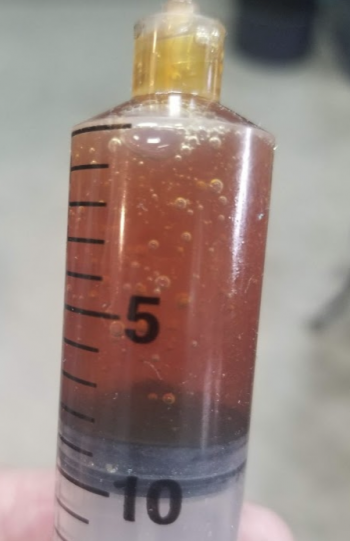The article didn't list any sources or links to actual scientific tests or data that I could find. Maybe I missed it?
But if not, it's just an opinion piece based on the author's results and/or preferences, and the author is asking readers to just take his word for it.
I've used Watco brand teak oil for many years and it gives excellent results FOR ME in what I'm after in a knife handle.
Puddles of it on my bench dry smooth and completely hard in a few hours. It doesn't dry clear but it doesn't significantly darken or discolor woods that I've seen.
I really couldn't care less if it comes from teak or not or is intended for teak or not.
Thanks for the article Bruce. It was interesting. I'm not knocking you for posting it, or the author either for that matter. He did seem down on teak oil, which is his choice. I like it for my needs (at least the watco brand).


